In the early days of professional sports, trainers and athletes didn’t know many of the things that modern science has uncovered. Recent scientific breakthroughs have taken bodybuilding, CrossFit and other sports to the next level. Even casual athletes can easily gain energy, strength, and muscle mass. All you need is discipline and an understanding of the scientific foundations of muscle growth. In this article, I focus on hydration and discuss what to drink before, during and after a workout.
More specifically, I’ll cover the following areas and provide links and references to additional information:
- What are the benefits of pre-workout supplements?
- Do you need carbs during a workout?
- How can focusing on post-workout nutrition help with muscle recovery?
If you don’t have the time to read the full article, here’s a summary of my recommendations:
- Establish a proper diet before worrying about using supplements.
- Pick a high-quality pre-workout supplement.
- Hydrate with water and electrolytes during intense workouts.
- For exercise that lasts longer than two hours, add simple carbs (sugar) to your workout drinks. I recommend organic apple juice and coconut water over Gatorade and other energy drinks that contain artificial ingredients. (SnakeWater is also a healthy energy drink you can try.)
- Consume enough protein throughout the day and don’t obsess over the “magical” post-workout window.
- Have a protein shake before or after your workout if you feel you don’t get sufficient protein through your normal diet.
When to Start Using Supplements?
The difference between “hobby” athletes and champions is that the latter pays attention to every detail of their training and nutrition. Supplements are external aids to what you should have as a foundation: a healthy, nutrient-dense diet. Most people start taking supplements before they have established an adequate dietary foundation. That’s one of the reasons why those people often don’t see the results they expect.
So unless you already have a solid dietary foundation, what you should do first is change the way you eat. Finding nutrient-dense food options, changing your nutritional patterns, and adopting new recipes and eating schedules is an essential first step. According to Dr. Susan Kleiner, a high-performance nutritionist for the Women’s National Basketball Association (WNBA), even competitive athletes involved in high-intensity training sometimes fail to maintain the right diet. This is reflected in their performance—whether or not they take supplements (1). In short, pay close attention to your nutrition even before starting to use supplements.
When I was a professional 100m sprinter in my youth, I regularly had 10 cheeseburgers from McDonald’s and a gallon of Coke when we went to the movies. I can’t prove that I would have been more successful with a proper diet, but I’m convinced that my lack of healthy eating habits did nothing to support my fitness goals.
What to Drink Before a Workout
I have written extensively about the benefits of and key ingredients in pre-workout supplements. If you haven’t already done so, I highly recommend checking out the following articles.
- Essential Pre-Workout Ingredients – What You Need to Know
- Review of the Best Pre-Workout Supplements
For those of you who don’t have the time to read my previous articles on the subject, here’s a brief overview of the benefits of pre-workout supplements.
Pre-workout aids can improve your performance during a workout session and maximize your strength by increasing your energy and stamina. Keep in mind, however, that even when consumed as a beverage, your body may not immediately absorb all ingredients. That’s why you should consume pre-workout supplements before, not during, exercise. Below is a list of ingredients that scientific studies have found to be effective. Look for products that contain these ingredients and don’t get lured in by the proprietary blends offered by some manufacturers.
Caffeine
The most common source of caffeine is coffee, but you may also find it in green tea, black tea, and many foods and beverages. Caffeine is a stimulant of the central nervous system, it increases your alertness and improves physical endurance (2). What caffeine does in a pre-workout beverage is activate your nervous system and increase your power output (3).
Scientists have tested caffeine in many sports, such as sprinting (4), soccer (5), cycling (6), marathon running, and prolonged exercise (7). According to current recommendations, 3 to 6 mg of caffeine per kilogram of body weight is an effective dose for a pre-workout drink. (For reference, there’s approximately 95 mg of caffeine in an 8 oz cup of coffee.) Keep in mind, however, that medical professionals do not recommend caffeine supplementation for those who suffer from arrhythmia. For everyone else, it’s safe to consume in moderation (8).
Citrulline Malate
Citrulline malate is an amino acid that improves blood flow, blood supply and the quality of muscle oxygenation. That’s essential for providing the nutrients and energy we need to improve our exercise performance (9). As a result, taking citrulline as a pre-workout supplement may cause an improvement in physical endurance, and it may help you reach your target sets and reps before getting exhausted (10). It may also work to reduce your muscle soreness the day after (11). The recommended dose is 6 to 8 grams before you hit the gym (9).
In recent years, citrulline has served as a fitting replacement for L-arginine because citrulline itself causes an increase in plasma arginine levels (12). In other words, by taking citrulline, you are taking two different supplements in one. It’s worth noting that arginine improves protein synthesis and nitric oxide production, promoting faster recovery after intense exercise (13).
Beta-alanine
Beta-alanine is another amino acid that has a positive effect on exercising muscle tissue. It is an excellent pre-workout aid because it acts directly on the muscle tissue and modulates the acidification of muscle tissue during exercise. Beta-alanine increases the synthesis of carnosine, which is a pH regulator with antioxidant properties (14).
Typically, exercise triggers the formation of lactic acid in the process of finding energy sources through a metabolic process called glycolysis. Lactic acid dissociates into lactate and one hydrogen atom, which alters the pH and makes your muscle acidic. As a result of beta-alanine supplementation, muscle carnosine regulates the pH, bringing it back to normal levels and avoiding muscular fatigue that results from intramuscular pH decline (15).
In simple terms, beta-alanine improves the metabolism in your muscle during intense exercise and endurance sessions (16). According to the International Society of Sports Nutrition, the recommended dose for improving exercise performance is 5 to 6 grams daily (17).
BCAAs
Branched-chain amino acids (BCAAs) are the most critical amino acids for building muscle. They come in different types, but the most suitable for pre-workout are water-soluble powders or liquids because your body can absorb them quickly during a workout session. BCAAs are the three amino acids more commonly found in muscle tissue: leucine, isoleucine, and valine. They make up the major part of the proteins in the muscle tissue, and they have a predominant role in the synthesis of protein, neural function, and the regulation of blood sugar and insulin (18).
BCAA supplements not only help to increase muscle, but they also serve as energy and improve endurance in marathon runners and other types of prolonged exercise (19), reducing the self-evaluated feeling of fatigue (20) and reducing muscle soreness the day after (21).
My recommendation is to find a quality pre-workout supplement offering these ingredients. Alternatively, you can source those ingredients separately and make a pre-workout drink at home. I often do that when I work out in the afternoon and want to omit caffeine (which most pre-workout supplements contain).
Recommended Supplements
| Product | Average Price |
|---|---|
| Do Vitamins PurePump Pre-Workout Powder | $42.95 |
| Naked Nutrition Naked Energy Pre-Workout Powder | $44.99 |
| BulkSupplements L-Citrulline DL-Malate 2:1 Powder | $24.96 |
| BulkSupplements Beta Alanine Powder | $19.96 |
| Naked Nutrition BCAA Powder | $34.99 |
What to Drink During a Workout
In a nutshell: Water and electrolytes.
There’s no better way to improve your performance during workout sessions than staying hydrated at all times. Hydration is essential to keep you going, and in most cases water and electrolytes are what you need rather than expensive intra-workout supplements or sports drinks. Dehydration reduces your endurance, causes discomfort, and affects your motor and cognitive skills.
During moderate exercise, drinking water is usually all you need to prevent your performance from going down the drain. (22).
For more intense or prolonged types of exercise, such as CrossFit or long-distance running, you’ll also need to replace electrolytes that your body loses through sweat. Instead of a sugar-laden sports drink, I recommend electrolyte powder without artificial ingredients, such as the one from Ultima you can get on Amazon.
I used to drink diluted apple juice or coconut water during CrossFit workouts until I realized that my body didn’t need the extra carbs and calories for the type and length of exercise I was doing.
Carbs and Proteins During a Workout
As mentioned above, drinking carbs or protein shakes during workouts is often not necessary. However, everything changes if your exercise sessions are longer than two hours.
During long workouts, your body’s glycogen reserves deplete and you need to replenish them by drinking carbs that your body can quickly convert into glucose. That’s where sports drinks can come in handy—but healthier options are diluted apple juice or coconut water.
Also, if you eat a high-protein meal before exercising and complement it with a protein shake after your workout, you can seamlessly cover the so-called anabolic window.
That’s because the effects of a high-protein meal (20 to 40 grams) last for up to six hours. When you’re practicing endurance sports (or if your workout sessions last more than two hours) I recommend also drinking carbohydrates and proteins during your workout. That enables your body to maintain an anabolic response during exercise sessions (27).
Betaine Anhydrous
Betaine anhydrous is a molecule that comes from the breakdown of choline, and you can find it in sugar beets, wheat germ, quinoa, spinach and other foods. In humans, betaine is essential for methylation, a metabolic process that’s behind the synthesis of creatine (24).
Much like electrolytes, the body loses betaine through sweat. As a result—and depending on the type of exercise you do—you can consider supplementing with betaine during workouts.
Betaine is also beneficial for anyone to enjoys exercising outdoors because it regulates the body’s thermal homeostasis when exercising in high temperatures. But even for those who work out indoors, betaine is vital for the synthesis of proteins and it is involved in strength and muscle gains (25). If you plan on using betaine supplements, make sure you consume them in liquid form so your body can absorb the betaine quickly (26).
Recommended Supplements
| Product | |
|---|---|
| Ultima Replenisher Hydrating Electrolyte Powder | $44.99 |
| BulkSupplements Betaine Anhydrous Powder | $30.96 |
What to Drink After a Workout?
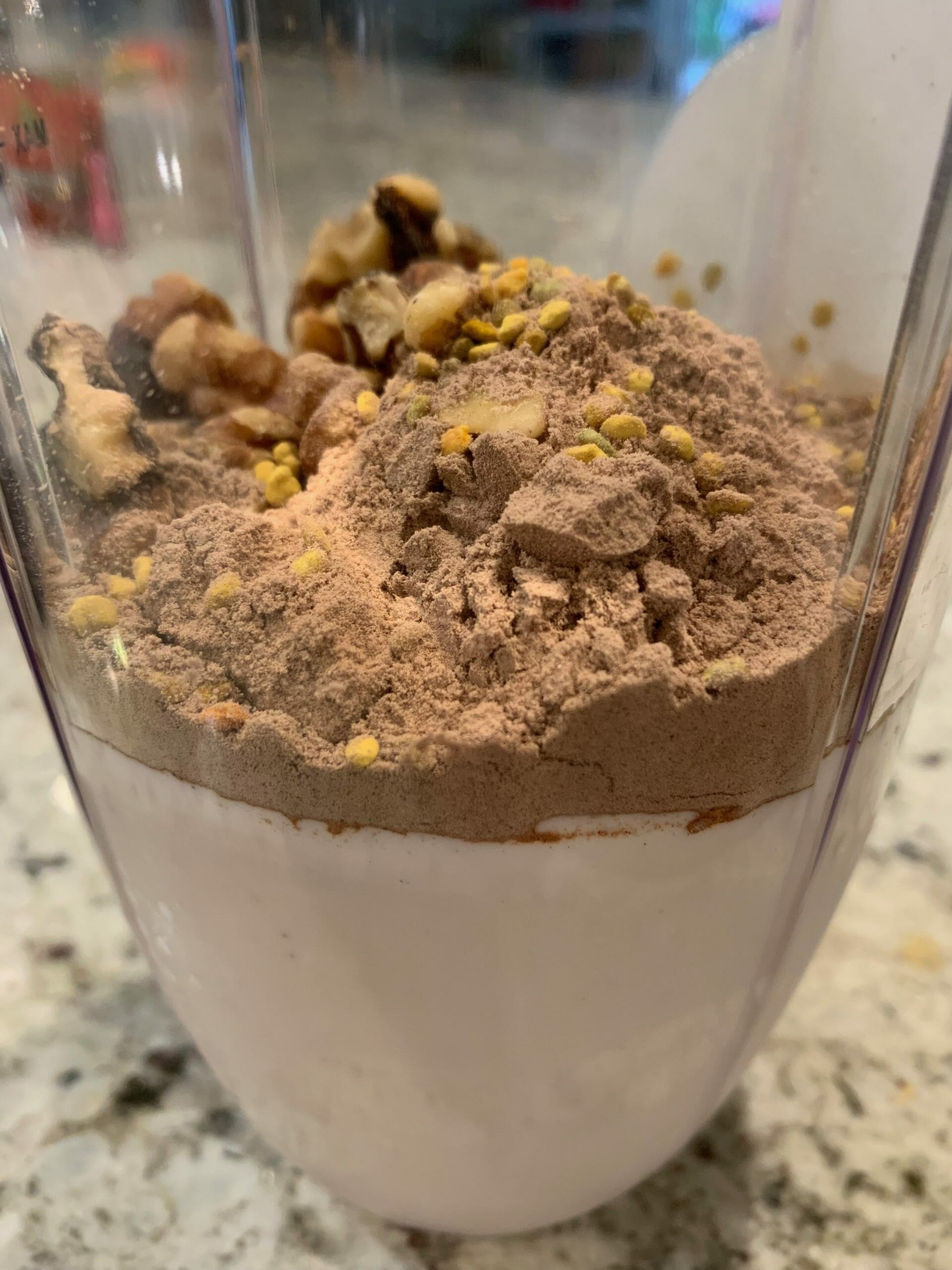
Post-workout drinks help you maximize your recovery and gains. Below are a few types of supplements that have been scientifically proven to work.
Creatine
Creatine is one of the most popular workout supplements, and it’s part of many commercial protein shakes and pre-workout mixes. It’s essential to improve muscular performance, and it increases both muscle mass and strength (28).
When taking creatine, make sure you mix it with fruit juices or any sweetened beverage containing fructose (except for soda), as this will enhance the absorption rate (29). When you start taking creatine, for the first 5 to 7 days, take 0.3 grams per kg of body weight, then reduce the dosage to 0.03 grams total. I weigh 190 pounds (86 kg) and thus need 26 grams of creatine during the loading phase and 2 to 3 grams per day after.
During the loading phase, you can split your daily dose and take half before and half after your workout. After that, it makes no measurable difference if you take creatine pre- or post-workout. There are conflicting opinions out there, but there is no scientific evidence that one timing is better than the other, as long as you take creatine every day (30).
L-Glutamine
Glutamine is yet another amino acid synthesized by your body. However, it has the particularity of binding to ammonia molecules to carry them away from the cell (31). Glutamine also regulates the synthesis of proteins and activates a signaling pathway that’s responsible for promoting muscle growth. Based on what I have learned, it seems that if we want glutamine to activate the mTOR pathway, we need to supplement with BCAAs and keep our body properly hydrated (32).
Protein
Many athletes think that they have to have a protein shake within 30 to 60 minutes after a workout to help their body recover. The truth is that drinking your protein shake before or after exercise has almost the same effect. That’s because your body absorbs dietary protein over time, depending on the type and source of protein. My point is, don’t get too hung up on the timing.
I recommend eating a meal rich in protein a couple of hours before a workout, and drinking a protein shake after. Alternatively, you can have a protein shake before and after a workout. I’m on a Ketogenic Paleo diet, which is rich in protein, and I don’t even bother with a protein shake on most days.
Electrolytes
After an intense exercise session, there’s nothing better than replacing your fluids and electrolytes adequately. It’s something you should do both during and after exercise to avoid muscle spasms, cramping, fatigue, and mild dehydration.
If I don’t have a full meal right after a workout, I sometimes make a post-workout smoothie or shake with the following ingredients:
- High-quality protein powder
- Almond or cashew milk
- Glutamine powder
- One banana (potassium)
- A pinch of salt (sodium)
- A handful of mixed nuts
Feel free to experiment with different ingredients to suit your taste.
Recommended Supplements
| Product | |
|---|---|
| Naked Nutrition Glutamine Powder | $34.99 |
| Naked Nutrition Creatine Monohydrate | $35.99 |
| Naked Nutrition Naked Whey Grass Fed Whey Protein Powder | $94.99 |
Conclusion
I hope this article has helped you to better understand what to drink before, during and after a workout. Don’t get sucked in by the supplement industry and its fancy products and proprietary formulas. Instead, focus on a high-quality pre-workout supplement, electrolytes, and sufficient protein throughout the day.
Most importantly, keep in mind that supplements do not replace a proper diet consisting of nutrient-dense food. So don’t waste your money on supplements if you haven’t figured out how to eat healthy yet. And don’t forget to drink water.
What do you drink before, during, and after a workout? Let me know by leaving a comment below!
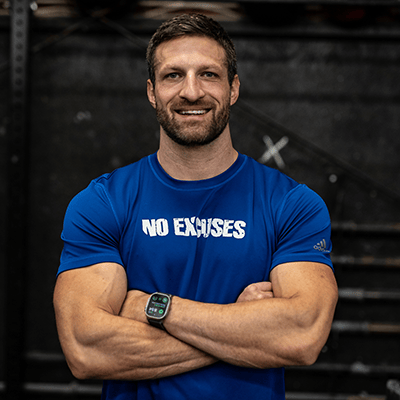
Michael Kummer is a healthy living enthusiast and CrossFit athlete whose goal is to help people achieve optimal health by bridging the gap between ancestral living and the demands of modern society.
Medical Disclaimer
The information shared on this blog is for educational purposes only, is not a substitute for the advice of medical doctors or registered dieticians (which we are not) and should not be used to prevent, diagnose, or treat any condition. Consult with a physician before starting a fitness regimen, adding supplements to your diet, or making other changes that may affect your medications, treatment plan or overall health. MichaelKummer.com and its owner MK Media Group, LLC are not liable for how you use and implement the information shared here, which is based on the opinions of the authors formed after engaging in personal use and research. We recommend products, services, or programs and are sometimes compensated for doing so as affiliates. Please read our Terms and Conditions for further information, including our privacy policy.
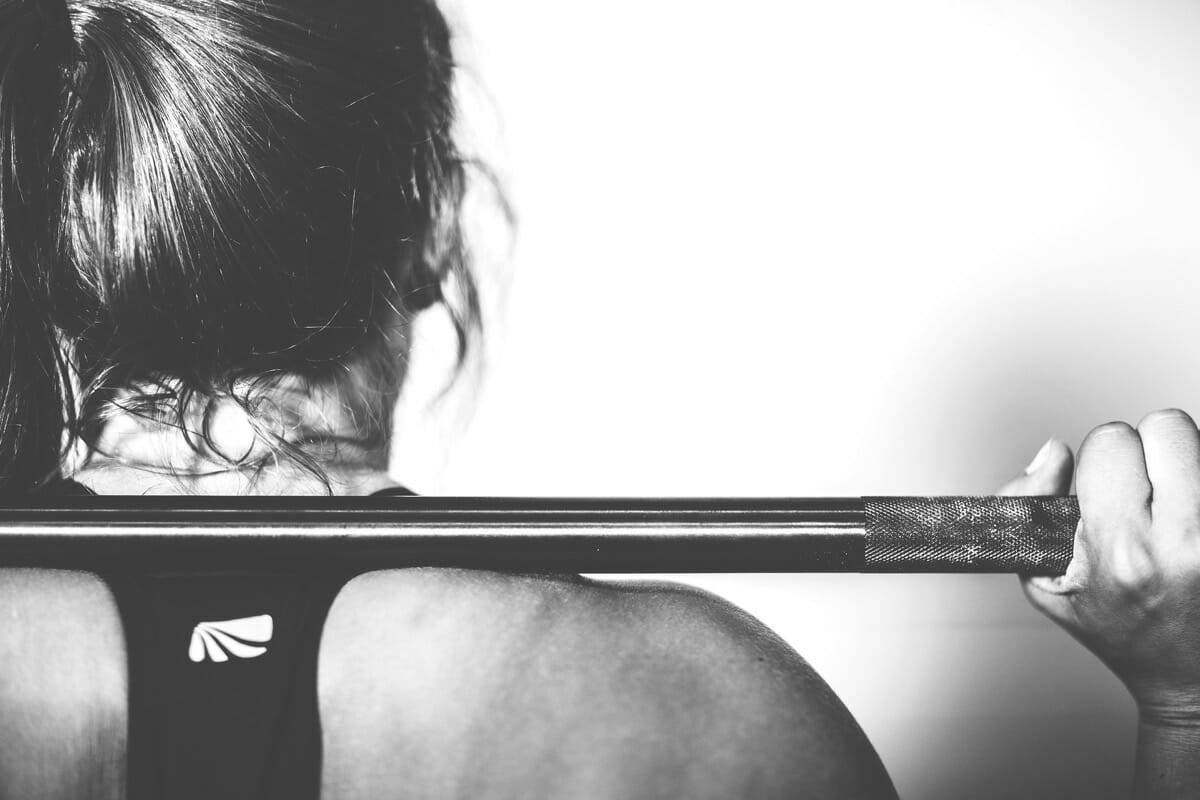
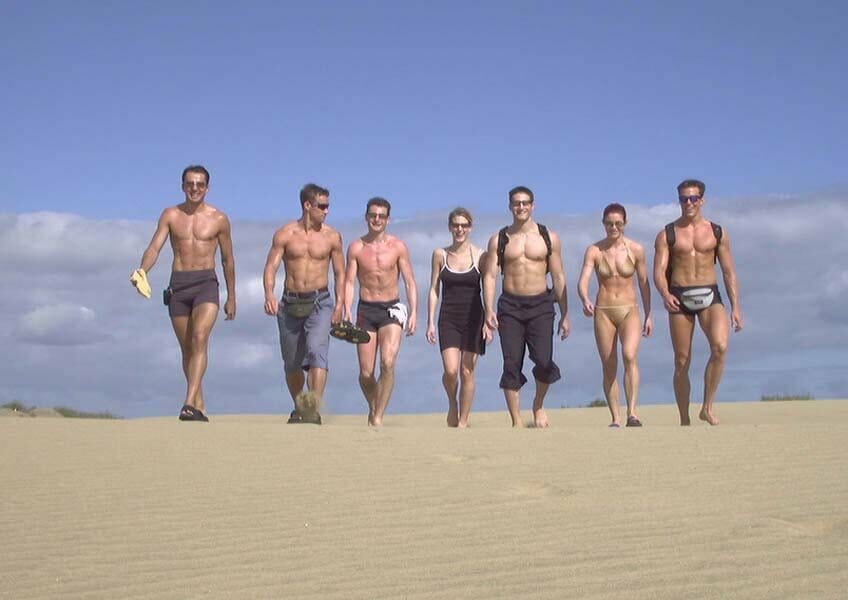
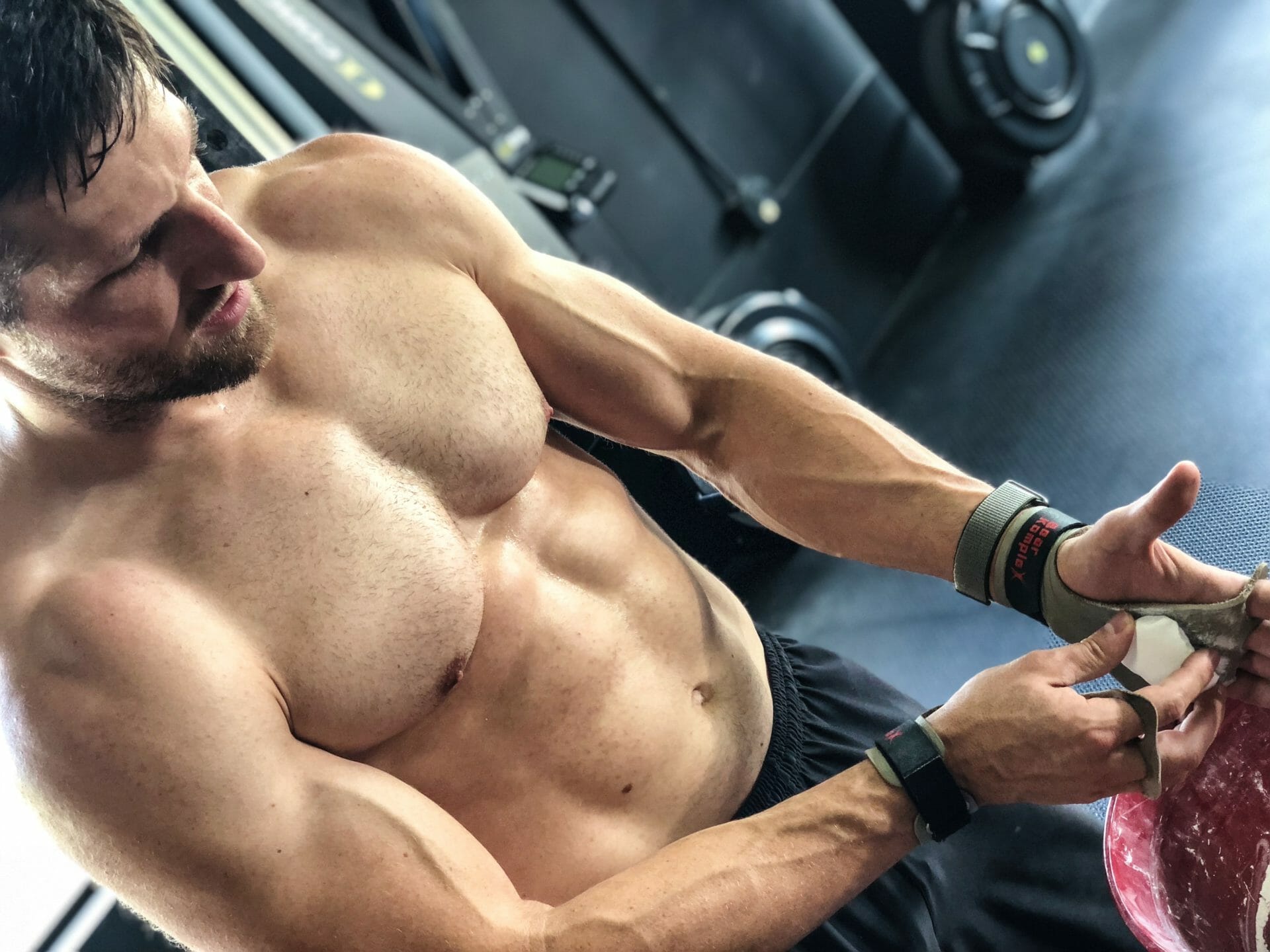
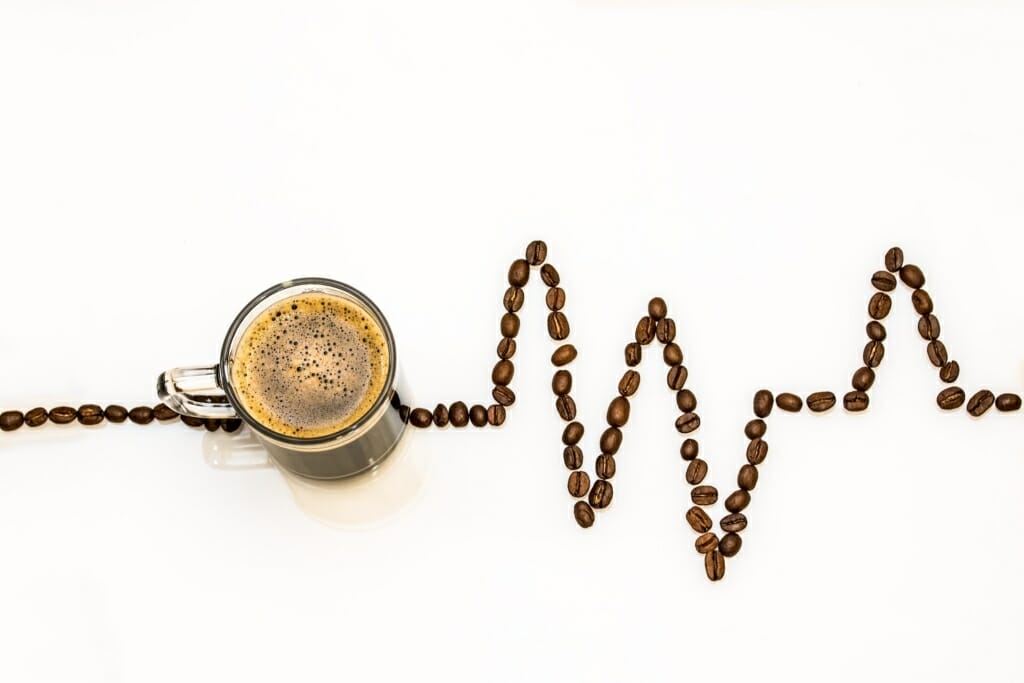
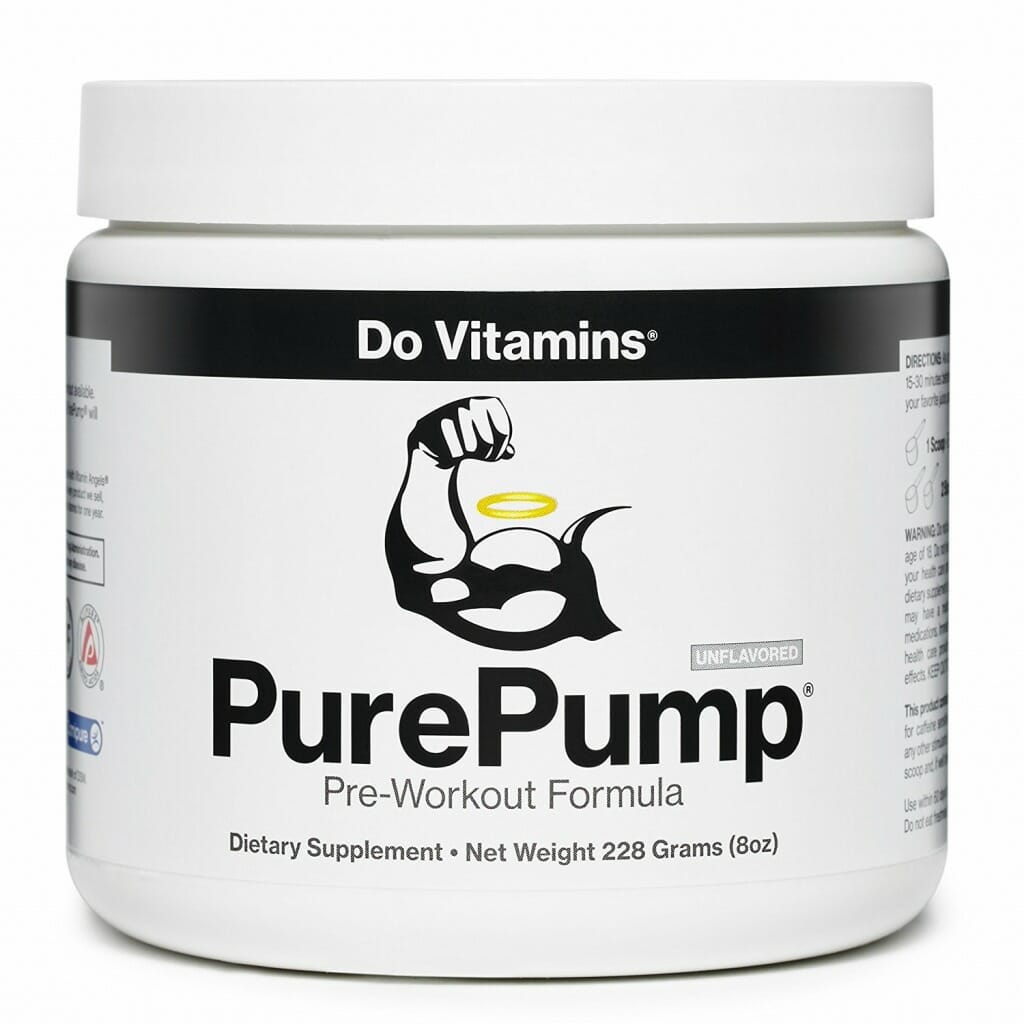
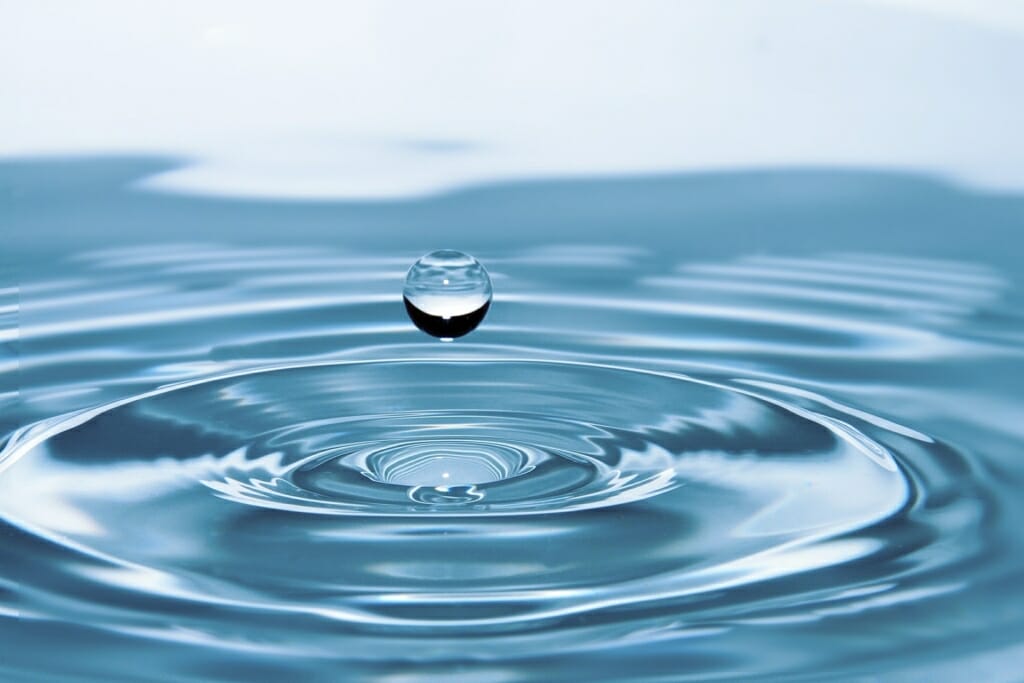
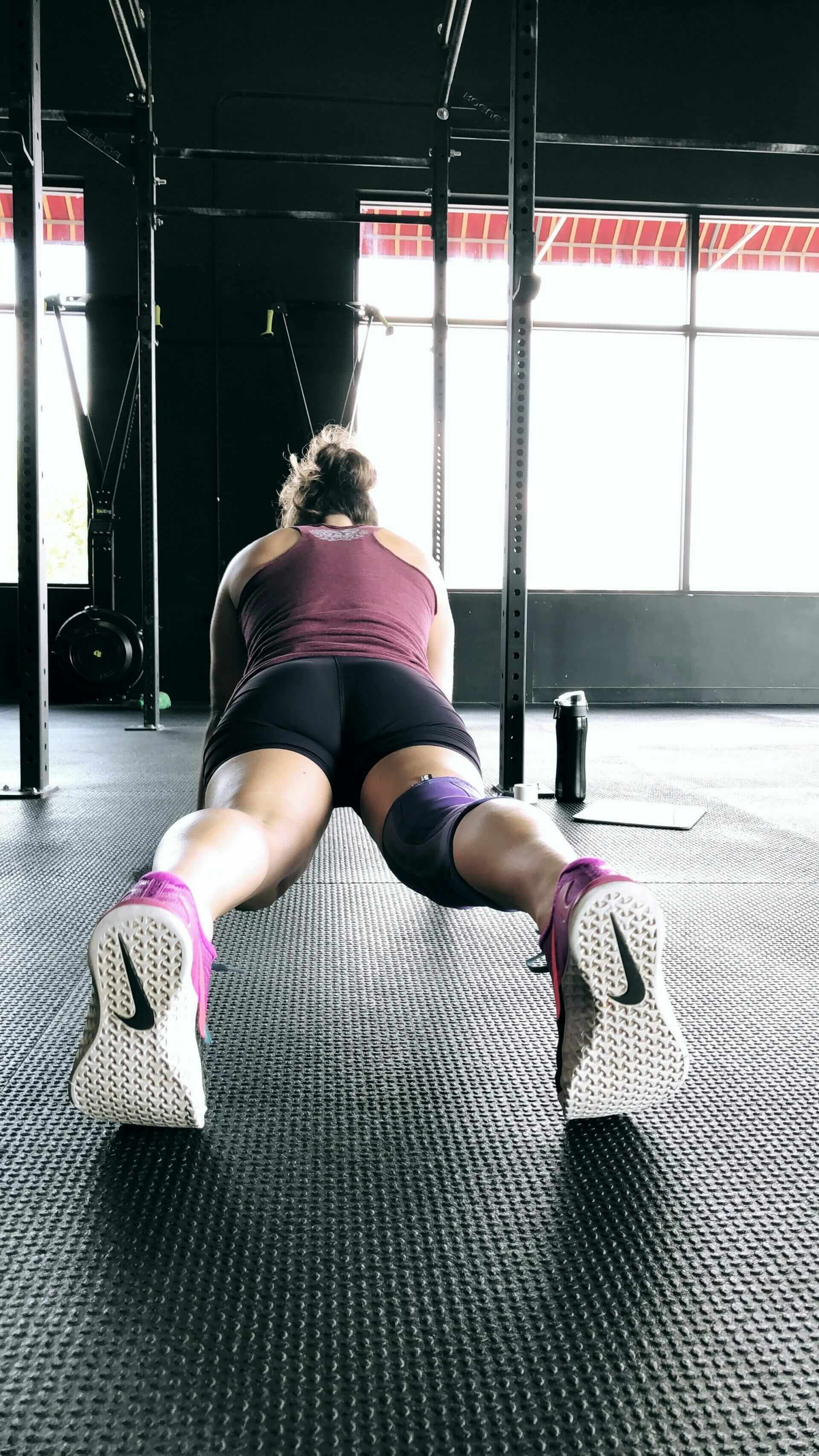
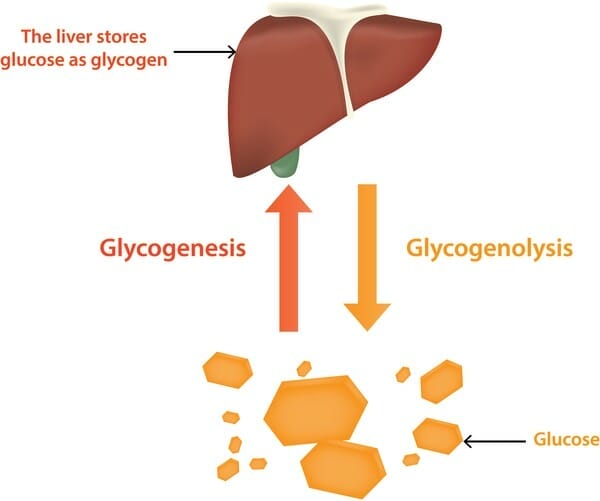
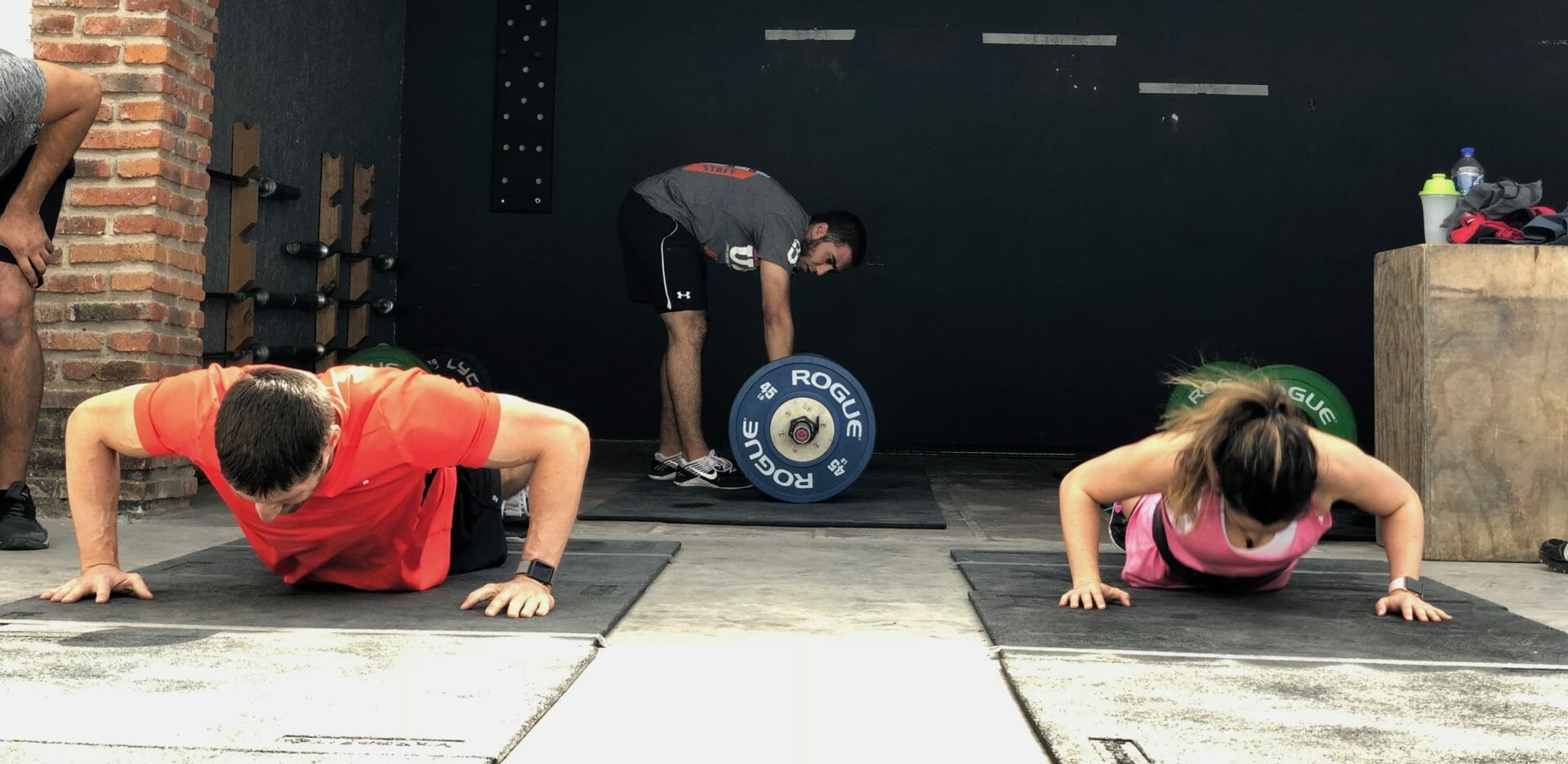
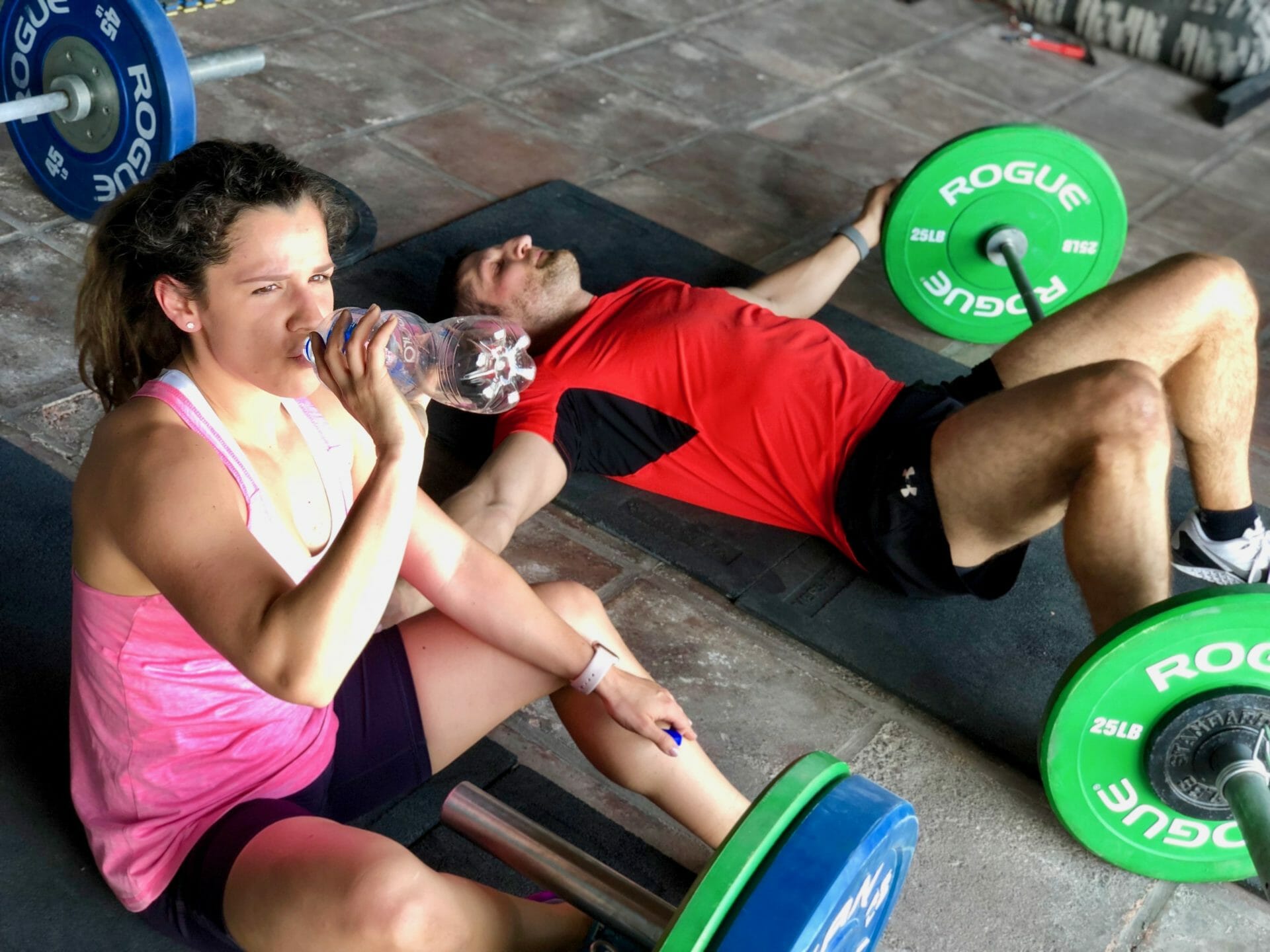
I have a question regarding the recommended list for each per, during, and post workout. Do you buy aand use all the items at once say from the pre workout list? So all 5 items listed or combine them in another way and just pick one you want to try
Hey David,
It’s been a while since I published that article and I no longer use a traditional pre-workout supplement. When I did, it consisted of a combination of different amino acids and caffeine. These days, my pre-workout routine includes 5 grams of creatine monohydrate and 3 grams of salt.
van I take creatine for pre-workout land whey for after
I think you answered your own question :) You can take creatine before your workout and Whey protein after :)
I recommend taking protein with fat (e.g., butter) in a 1:1 ratio for best results.
Great article, thanks for the information!
You’re most welcome Meg!
Bro, I’ve read about 10 kajillion articles about supplementation and this is by far the best. For real.
Thanks, Bart, I really appreciate the feedback!